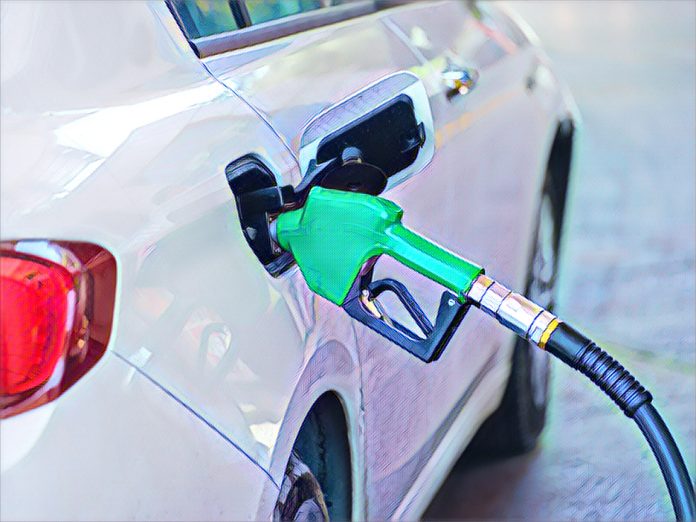Nigeria’s fuel marketers are considering increasing the pump price of petrol as the international crude oil market hits $94 per barrel, the highest level since 2014.
The country, which is Africa’s largest oil producer, relies on imports for most of its domestic fuel consumption due to the poor state of its refineries. The government regulates the price of petrol, which is the most widely used fuel in the country, and subsidizes the difference between the landing cost and the retail price.
However, the rising cost of crude oil, which accounts for more than 90% of Nigeria’s foreign exchange earnings, has pressured the government’s finances and ability to sustain the subsidy regime.
According to the Petroleum Products Pricing Regulatory Agency (PPPRA), the landing cost of petrol was N256.4 per liter as of September 16, while the expected open market price was N298.4 per liter. The current retail price is N165 per liter, implying a subsidy of N133.4 per liter.
The National President of the Independent Petroleum Marketers Association of Nigeria (IPMAN), Chinedu Okoronkwo, told Al Jazeera that the association was in talks with the government to review the pricing template and adjust the pump price accordingly.
“We are unhappy with the situation because it affects our business, and our members are losing money. We have to import petrol at a high cost and sell it cheaply. This is not sustainable,” he said. He added that IPMAN did not favor a sudden and drastic increase in the pump price but rather a gradual and moderate adjustment that would reflect the market realities and cushion the impact on consumers.
“We are not saying we should increase the price to N300 or N400 per liter. That would be too much for Nigerians to bear. But we can increase it to N200 or N220 per liter and still make some profit,” he said. He also urged the government to expedite the rehabilitation of the country’s refineries, which have a combined capacity of 445,000 barrels per day but have been operating at less than 10% for years.
The Minister of State for Petroleum Resources, Timipre Sylva, said last week that the government was working hard to fix the refineries and end fuel importation by 2023. He also said that the government was committed to fully deregulating the downstream sector, which would allow market forces to determine the price of petrol.
However, he said that the government was mindful of the socio-economic implications of a sudden subsidy removal and was seeking a “soft landing” for Nigerians. “We are very concerned about the welfare of Nigerians. We know that times are hard and people are facing challenges. We are not oblivious of that. That is why we are still subsidizing petrol despite the high cost,” he said.
He appealed to Nigerians to be patient and supportive of the government’s efforts to transform the oil and gas sector and ensure energy security for the country.
The rising fuel cost has also triggered inflation in Nigeria, which stood at 17.01% in August, according to the National Bureau of Statistics (NBS). The NBS said that transport costs, which are influenced by fuel prices, rose by 18.57% year-on-year in August, while food prices increased by 20.30%.
Many Nigerians have expressed frustration and anger over the high cost of living and called on the government to intervene and alleviate their plight.
“I don’t know how I can survive this situation. Everything is expensive. Food, transport, rent, electricity, everything. How can I feed my family and pay my bills?” Musa Abdullahi, a taxi driver in Abuja, told Al Jazeera. He said he spends more than half of his daily income on fuel and car maintenance, leaving him with little or nothing to save or invest.
“I am appealing to President Buhari to please do something about this problem. We voted for him because we believed in him. He should not disappoint us,” he said.
Nigeria has struggled with low economic growth and unemployment since it emerged from a recession in 2017. The coronavirus pandemic worsened the situation last year, pushing the country into another recession, which it exited in February.
The International Monetary Fund (IMF) projects that Nigeria’s economy will grow by 2.5% this year but warns that it faces significant risks from low oil prices, security challenges, and social unrest.
Source: Punch



